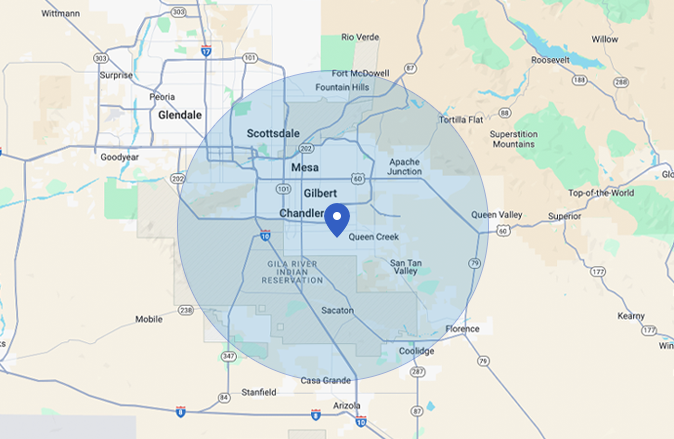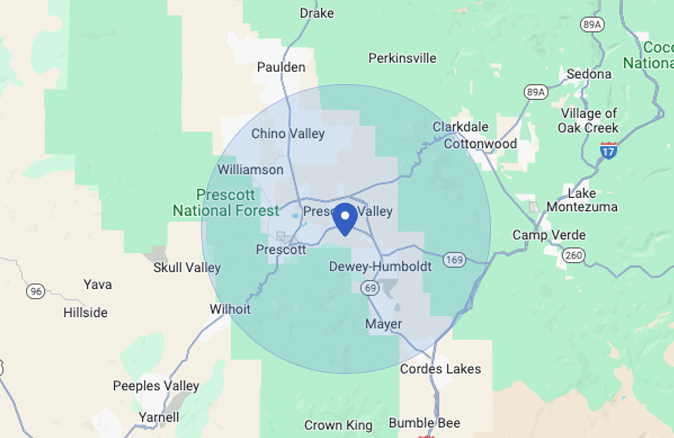Easy Fixes for the Most Common Air Conditioner Problems
This air conditioner troubleshooting and maintenance guide will help you identify and fix common problems with your air conditioner. Whether your system is not blowing cold air, leaking water inside, producing a bad smell, or turning off by itself, this guide will provide you with solutions to keep your air conditioner running smoothly.
Quick and Easy AC Fixes
Before diving into detailed troubleshooting, consider these general maintenance tips to quickly resolve common air conditioner problems:
- Make sure your unit is receiving power.
- Clean your unit’s air filter.
- Inspect and clean your unit’s evaporator and condenser coils.
- Clear obstructions around your outdoor unit.
- Check if your unit’s condensate drain line is blocked.
- Check if your unit is level.
Table of Contents
- Why Is My Air Conditioner Not Blowing Cold Air?
- How To Fix an Air Conditioner Leaking Water Inside?
- How To Get Rid of a Bad Smell From an Air Conditioner?
- Why Does My Air Conditioner Turn Off by Itself?
- Contact the HVAC Experts at Wolfgangs for More Information
Why Is My Air Conditioner Not Blowing Cold Air?
If your air conditioner is receiving power but is not blowing cold air, consider the following potential issues and their solutions.
Home Solutions
Thermostat
Make sure your thermostat is functioning properly. Turn your temperature all the way down. If your AC does not switch on and blow cold air, your thermostat might not be connected.
If your thermostat is battery powered, make sure its batteries are not dead and installed correctly. Faulty wiring could also be responsible for your thermostat issues.
Air Filter
A dirty air filter will reduce your system’s efficiency. If it is especially dirty, it can restrict the flow of cold air. This cold air builds up inside your air conditioner, lowering the temperature inside the unit to the point where ice begins to form. This ice prevents your system from functioning properly.
You can clean your air filter with water or a handheld vacuum. If you use water, make sure the filter is dry before you reinsert it.
Condenser Coils
Dirt, grass, and other debris can obstruct your air conditioner’s condenser coils. This leads to reduced energy efficiency and difficulty producing cold air. Obstructed condenser coils can also lead to permanent damage and complete system failure.
You can clean the condenser coils by clearing away debris. Carefully vacuum the coils with a brush attachment or gently rinse them with a hose.
Clogged Condensate Drain Line
Your air conditioner’s evaporator coil pulls moisture from the air, creating condensation. Water created from this process drains from the unit through a drain line. This drain line can become clogged with debris and algae growth. When this happens, the unit shuts down automatically.
To clean your condensate drain line at home, identify the access point and flush the line with a cleaning solution. You can use 1 cup of distilled white vinegar, hot water, or hydrogen peroxide.
Allow the solution to sit for at least 30 minutes or until the blockage clears. Monitor the drain for indications that the line has cleared.
After you suspect the clog has cleared, flush out the line with water to remove any residual material and confirm the line is draining properly.
Ice Buildup
As mentioned earlier, a dirty air filter can lead to ice formation. So can dirty condenser and evaporator coils. Clean the filter and coils, then run your AC system with just the fan on to melt the ice.
If your system still doesn’t blow cold air after following these steps, it might be due to low refrigerant or a frozen evaporator coil, both of which require professional assistance.
Issues That Require Professional Assistance
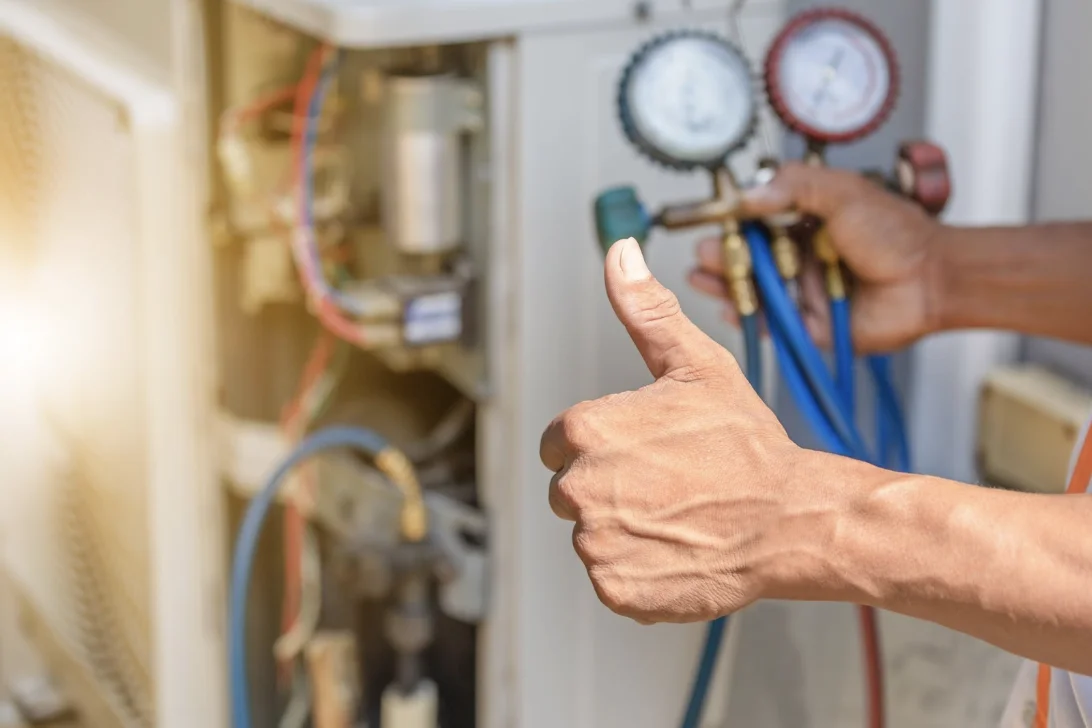
Refrigerant
Low refrigerant levels could be responsible for your air conditioner’s failure to blow cold air. Refrigerant does not expire or deplete over time. If an HVAC professional identifies low refrigerant levels, your system likely has a leak that will need to be professionally repaired.
Frozen Evaporator Coil
When warm indoor air passes through the evaporator coil, heat and humidity are removed. Cooler, more comfortable air is then circulated back to your home. However, if the evaporator coil freezes due to low refrigerant or a dirty air filter, your air conditioner will not be able to cool the air.
Since accessing the evaporator coil is difficult, a frozen evaporator coil is best handled by an HVAC professional.
Signs of a frozen evaporator coil include:
- Inadequate cooling
- Frost forming on the copper refrigerant tubing coming from the coil cabinet
- High utility bills
- Excessive condensate drainage near your indoor unit
- Frost forming on exterior refrigerant tubing or the outdoor unit
Mechanical Issues
Issues with the following components can prevent your AC from blowing cool air:
- Contactor
- Start/run capacitor
- Condenser fan motor
A professional HVAC technician will identify and repair or replace the problematic component(s).
How To Fix an Air Conditioner Leaking Water Inside?
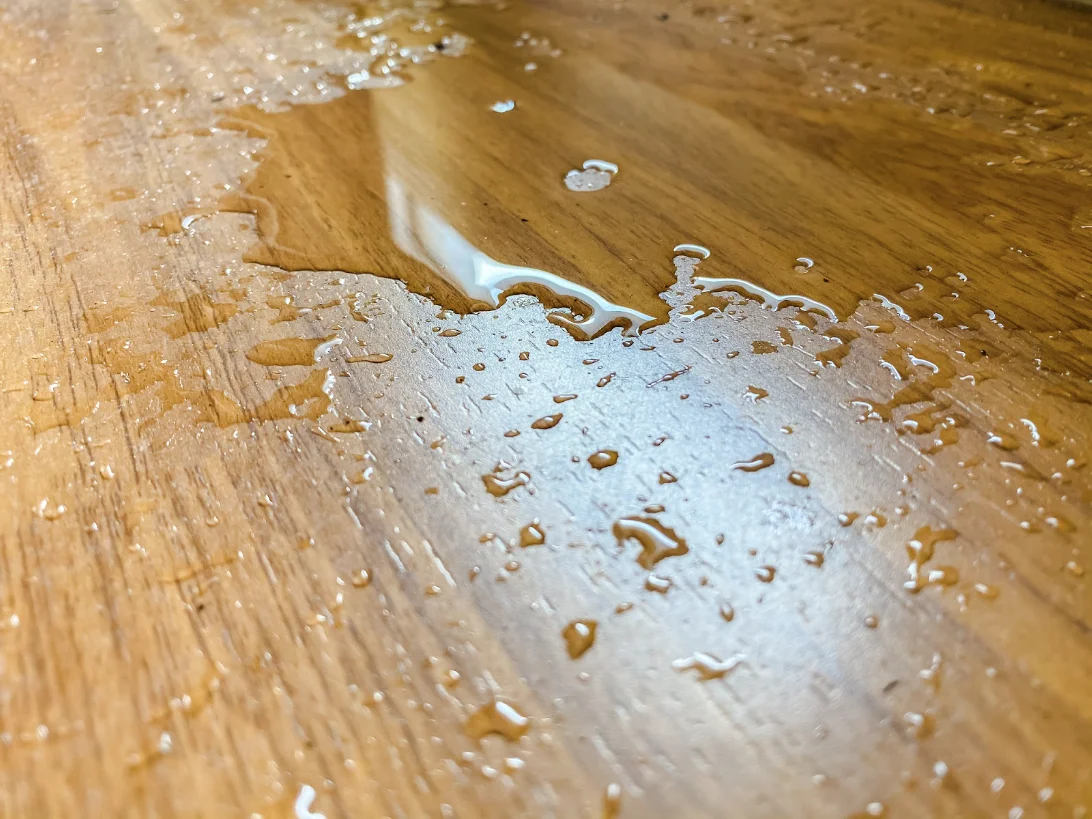
There are several reasons your air conditioner might be leaking water inside.
Drain Pan and Drain Line Issues
Inspect your drain pan for cracks, rust, or other damage that makes it unable to collect water. A damaged or clogged condensate drain line can also lead to water leaking inside your home. Read about cleaning your condensate drain line here.
Dirty Air Filter or Frozen Components
As mentioned earlier, a dirty air filter can lead to several problems, including internal ice accumulation and a frozen evaporator coil.
Low refrigerant can also cause the evaporator coil to freeze.
When this ice begins to melt, water will leak from your air conditioner.
How To Get Rid of a Bad Smell From an Air Conditioner?
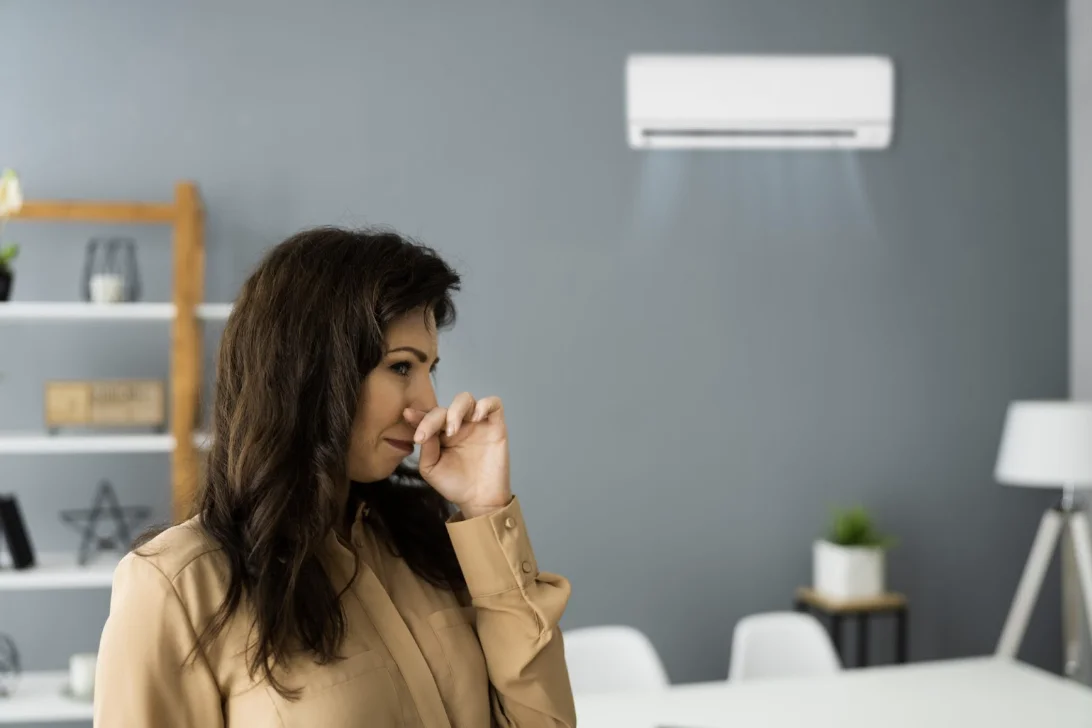
Here are solutions to several problems that can cause your air conditioner to produce a bad smell.
Dirty Air Filter
A dirty air filter can harbor mold and bacteria, leading to unpleasant odors. Regularly cleaning your air filter will prevent this from happening.
Dirty Drain Pan or Evaporator Coil
A dirty drain pan or evaporator coil could be responsible for the bad smell emanating from your air conditioner. Regularly clean both to prevent microbial growth and unpleasant odors.
Clogged Drain Line
A clogged drain line can lead to mold growth and odors, so clearing your condensate drain line is essential.
Airborne Pollutants
Airborne pollutants such as cigarette smoke and cooking fumes can get trapped in your air conditioning system. Consider placing an odor absorber, like activated charcoal, near intake vents to absorb any bad smells before they are circulated throughout your home.
Wrong Size Air Conditioner
If your air conditioner is too big for the space it’s cooling, it will cool the space too rapidly. It will cool the space so fast that it cannot effectively remove humidity from the air. This can cause moisture to build up inside the air conditioner, creating the perfect environment for mold and bacteria to thrive.
Something in Ductwork
Occasionally, small animals, such as rodents or birds, can make their way into vents and air conditioning systems. If the animals die, they can give off a bad smell as they decompose. This smell is then circulated through your house by your air conditioner.
Check any accessible vents and air ducts for signs of a dead animal. If you can’t find it but suspect there is one out of reach, contact a pest control professional.
Overheating
If there is a burning smell emanating from your air conditioner, internal components might be overheating. Turn off your air conditioner and contact an HVAC professional. The HVAC professional will identify what is causing the burning smell and perform repairs as necessary.
Why Does My Air Conditioner Turn Off by Itself?
If your air conditioner keeps turning off by itself, several factors could be at play.
Thermostat Issues
Make sure your thermostat is calibrated correctly and set to your desired temperature. If your thermostat appears to be working but your system is not functioning, you should have it inspected by a professional.
Electrical Issues
Electrical component issues can cause your system to shut down. Check for faulty wiring and loose connections, and make sure your circuit breaker is not tripped.
If the electrical issue appears to be more advanced than a tripped circuit breaker, contact an HVAC professional.
Overheating
When an air conditioner becomes too hot, it shuts down automatically to prevent damage.
Overheating can occur for various reasons, including:
- Dirty or clogged air filters
- Blocked condenser coils
- Malfunctioning fans
- Refrigerant leaks
Regular cleaning and AC maintenance will prevent your system from overheating and ensure optimal performance.
Dirty Or Blocked Condenser
Dirty or blocked condenser coils can cause your air conditioner to shut down.
Regular cleaning and maintenance of the condenser unit will ensure proper airflow and prevent your system from shutting down.
Low Refrigerant Levels
As mentioned earlier, low refrigerant levels can cause your system to have trouble cooling air. Low refrigerant levels can also cause your system to shut down intermittently.
You must repair refrigerant leaks to keep your AC operating.
Contact the HVAC Experts at Wolfgangs for More Information
We hope you have found the following information helpful, and are able to use it to fix your air conditioner issues. However, if you’re still having trouble after following the quick fixes, or have run into an issue that requires professional assistance, don’t panic. Call us at (928) 218-2245 for more information on AC repairs.





